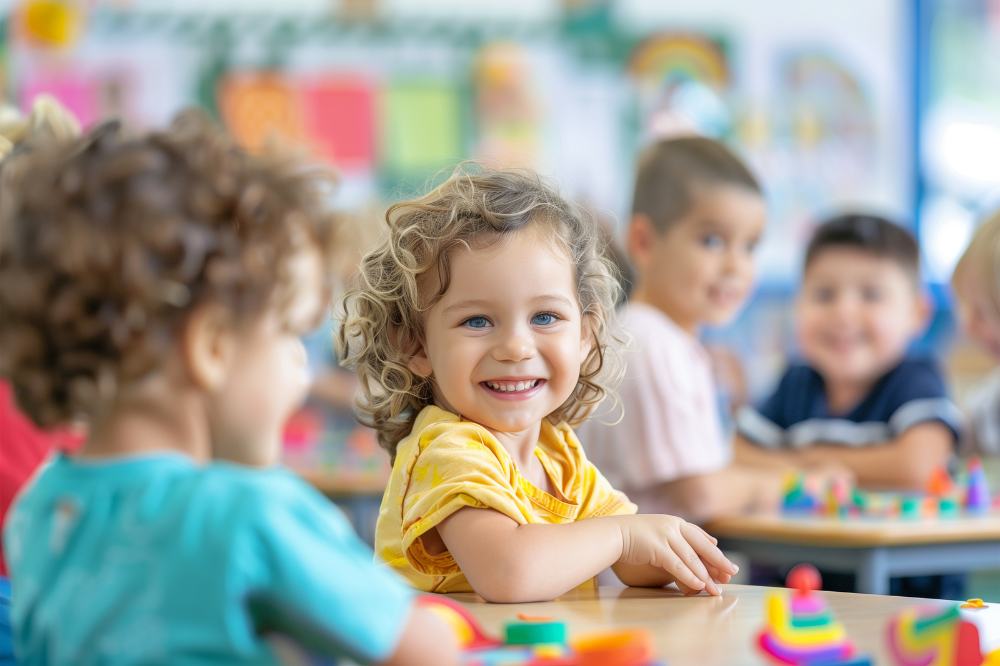
The first day of kindergarten can brings tears, uncertainty, and hope – and that is just the parents.
While parental nerves are a given, new research from Edith Cowan University (ECU) suggests there are opportunities for schools to do more during this critical transition period to help children succeed in the long term.
The recently published Transforming Transitions II report reveals that early school experiences fundamentally shape a child’s long-term confidence and academic success. The study, conducted with the Association of Independent Schools Western Australia, challenges traditional approaches to kindergarten transitions.
Professor Lennie Barblett AM, lead researcher and professor of early childhood education at ECU, explained that current transition processes prioritise efficiency over meaningful engagement.
“Our research shows that small, thoughtful changes, such as prioritising relationship-building and recognising a child’s existing ‘funds of knowledge’, can make a profound difference in their sense of belonging and success at school,” Barblett said.
The research identifies family engagement as the missing element in traditional school transition strategies. While schools typically focus on administrative tasks like enrolments and orientation days, the findings demonstrate that deeper engagement creates security and readiness for learning.
Dr Fiona Boylan, co-author and senior lecturer in early childhood studies at ECU, emphasised that children arrive at school with valuable knowledge and experiences.
“Children don’t enter school as blank slates,” Boylan said. “They bring knowledge, culture, and experiences from their home lives that should be acknowledged and integrated. A child’s first day should feel like a continuation of their learning journey, not a sudden break.”
The study advocates for personalised, flexible transition approaches tailored to individual children and families. Research co-author Dr Amelia Ruscoe highlighted the crucial role of school leadership in implementing effective transition strategies.
“Schools that embrace transition strategies at a leadership level set the foundation for long-term educational success,” Ruscoe said. “When children feel valued from day one, they are more likely to engage positively with learning and build lasting relationships.”
Rather than simply preparing students for school, successful transitions depend on fostering emotional security, social connections, and family involvement. The research suggests that when schools create environments where children feel safe and supported, they establish foundations for lifelong learning success.
The study calls for a shift in how schools approach kindergarten transitions, moving beyond logistics to prioritise relationships, belonging, and personalised support that recognises each child’s background and potential.

